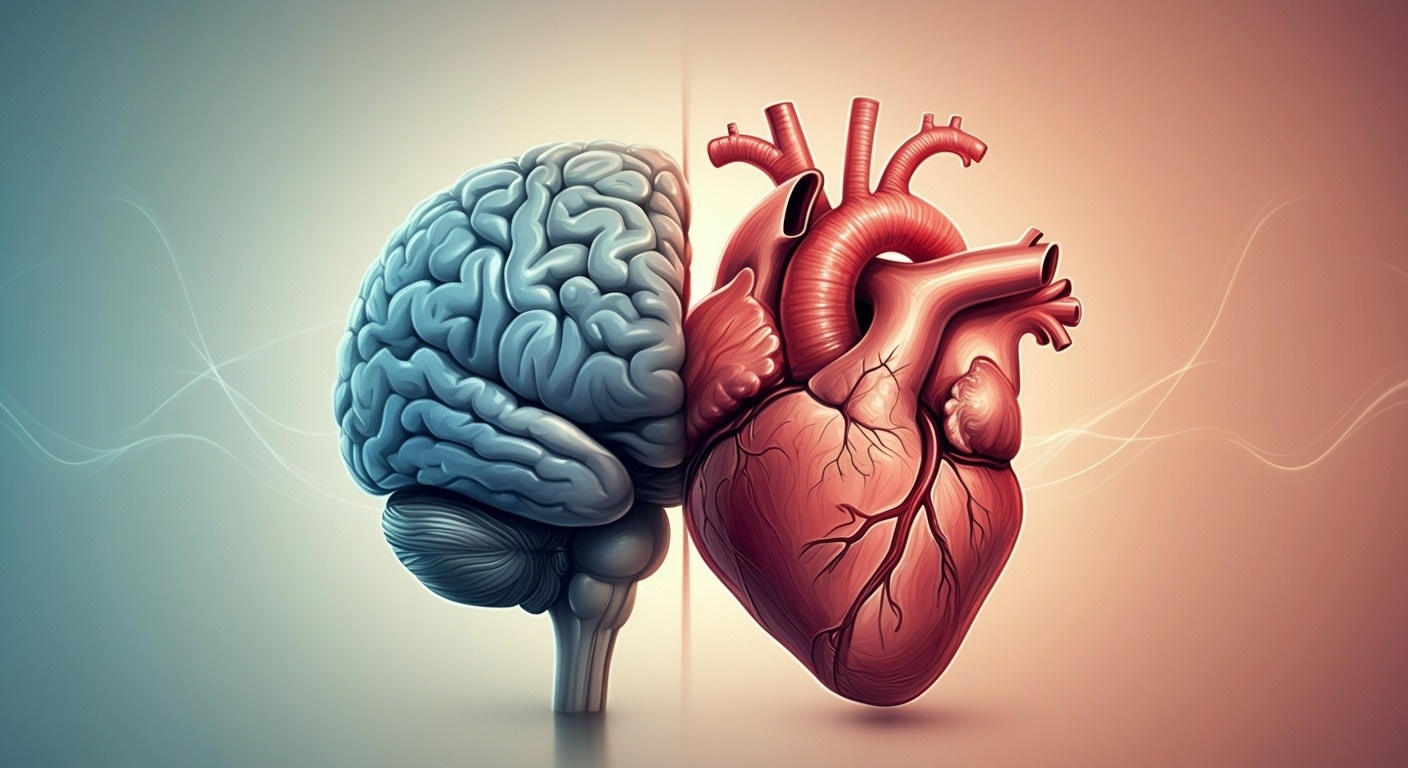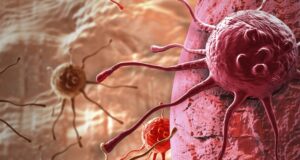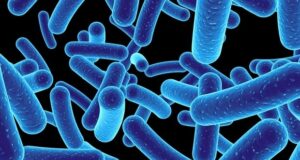Study reveals how sleep reduces cardiac inflammation and boosts recovery after heart attacks by regulating immune and neural pathways.
 Study: Myocardial infarction augments sleep to limit cardiac inflammation and damage. Image Credit: Shutterstock AI / Shutterstock.com
Study: Myocardial infarction augments sleep to limit cardiac inflammation and damage. Image Credit: Shutterstock AI / Shutterstock.com
In a recent study published in Nature, researchers examine how sleep impacts inflammation and recovery following a heart attack. In both mice and humans, sleep was found to reduce cardiac inflammation by recruiting monocytes to the brain and limiting the activity of sympathetic nerves to the heart.
The brain-heart connection
The brain and heart are closely connected and interact through immune signaling and neural pathways to maintain health. Sleep is particularly important for cardiovascular health, as poor sleep quality and insufficient sleep can increase the risk of heart attacks.
Current research indicates that the brain regulates heart health during sleep through complex neural and immune pathways. Signals from the hypothalamus, for example, influence immune cell activity and affect cardiovascular disease progression.
Blood vessels carrying oxygen-rich blood from the heart are also essential for communicating the physiological state of the heart to the brain. Although substantial research exists on sleep disturbances among heart disease patients, the impact of heart injury on sleep, as well as the reverse impact of altered sleep on heart healing, remains largely unexplored.
About the study
For human studies, the researchers analyzed brain tissues obtained from donors who experienced myocardial infarctions within two weeks before death. Any individuals with a history of neurodegenerative disorders, brain trauma, cancer, or stroke were excluded from the analysis. Human tissue samples were stained for C-C motif chemokine receptor-2 (CCR-2) and cluster of differentiation 68 (CD68).
For sleep assessments, the researchers examined 78 patients enrolled in a German study conducted among individuals with acute coronary syndrome. Patients prescribed sleep medications or with sleep disorders were excluded from this analysis.
Coronary angiography was performed and ejection fractions were measured in this study cohort using echocardiography. The sleep quality of the patients was also evaluated using the brief Pittsburgh sleep quality index, which focused on sleep duration, latency, disturbances, and overall quality.
A randomized controlled crossover trial was also conducted to investigate how chronic insufficient sleep affects immune cell programming. Trial participants were subjected to adequate and restricted sleep conditions over six weeks, following which blood samples were collected for analysis.
Myocardial infarction was induced in mice by ligating the left anterior descending coronary artery under anesthesia. After mice recovered from the myocardial infarction, they were placed in a sleep fragmentation chamber. Mice also received electroencephalogram (EEG) and electromyography (EMG) implants for monitoring.
Bone marrow, blood, heart, and brain samples were obtained from the mice for flow cytometry and immunostaining analyses. Plasma biomarkers and tissue proteins associated with heart and brain function were measured through immunological and ribonucleic acid (RNA) sequencing assays including quantitative polymerase chain reaction (qPCR) and single-cell RNA sequencing (scRNAseq).
Study findings
Cardiovascular injuries like myocardial infarction increase slow-wave sleep in mice, which disrupts their natural sleeping patterns, thus suggesting a link between sleep regulation and immune responses after cardiac events.
Mice with cardiovascular injuries exhibited longer slow-wave sleep phases and reduced rapid eye movement (REM) sleep. In cases of myocardial infarction, the extended sleep lasted for over one week, along with decreased activity levels and lower body temperature.
Immune signals in the blood were found to activate microglia in the brain after a myocardial infarction. Elevated levels of interleukin-1β (IL-1β) activate microglial activity and induce a heightened chemokine response, thereby increasing immune cell recruitment into the brain.
Flow cytometry analysis also revealed an influx of monocytes into various regions of the brain such as the choroid plexus, third ventricle, and thalamus within 24 hours of a myocardial infarction. These monocytes can release signals that increase slow-wave sleep, which has been shown to support the healing process.
Inhibition of monocyte entry into the brain using CCR2 antagonists prevented sleep changes from occurring in the mice. Thus, CCR2 appears to have a critical role in the immune response that influences how the brain and body regulate sleep after a cardiac event.
Monocytes associated with myocardial infarction expressed a tumor necrosis factor (TNF) signature that was absent in regular blood monocytes. Furthermore, blocking TNF activity in the brain restored normal sleep patterns.
Conclusions
The study findings indicate that after myocardial infarction, immune signaling through monocyte-derived TNF activated specific thalamic neurons increase slow-wave sleep. These observations provide new insights into how the immune responses that follow cardiac events may influence sleep patterns that slow down healing and recovery.
Journal reference:
- Huynh, P., Hoffman, J. D., Gerhardt, T., et al. (2024). Myocardial infarction augments sleep to limit cardiac inflammation and damage. Nature. doi:10.1038/s41586-024-08100-w




